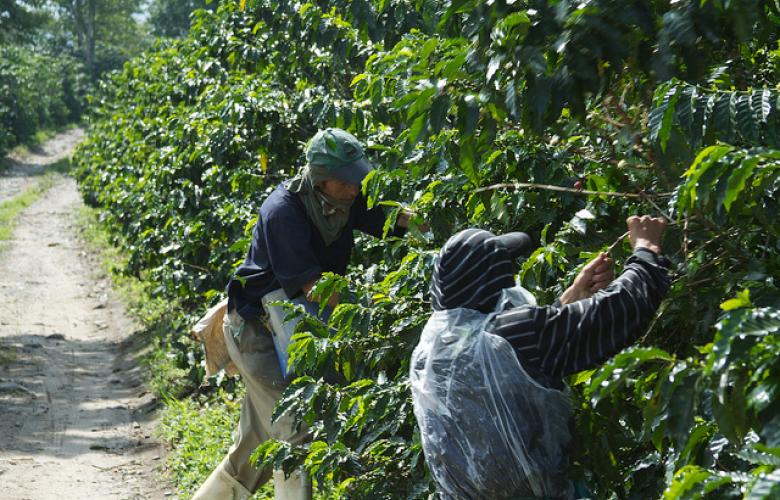Gold Coast coffee chain delivers on promise of ‘more than just a cup of coffee’
Contact
Gold Coast coffee chain delivers on promise of ‘more than just a cup of coffee’
Zarraffa’s Coffee will donate $35,000 towards world first malaria vaccine trial at Griffith University
Gold Coast coffee chain Zarraffa’s Coffee has announced a valuable donation towards research into a world-leading malaria vaccine that is about to enter clinical trials at Griffith University.
Zarraffa’s Coffee Managing Director and founder, Kenton Campbell said the donation was synonymous with the company’s desire to affect positive change globally, particularly in the countries they work with.
“We are thrilled to deliver on our promise of ‘more than just a cup of coffee’, to partner with the Griffith University’s Institute for Glycomics on such a worthy cause,” Mr Campbell said.
“This deadly disease impacts a number of our coffee growing regions around the world, and Zarraffa’s support of this ground-breaking research ensures we are doing our part in what we consider our global backyard.”
Zarraffa’s Coffee $35,000 donation will aid Griffith University’s Institute for Glycomics work with the Malaria Vaccine Project. Globally, approximately 3.2 billion people live in malaria endemic countries.
Philanthropy is vital to the Institute’s research, according to Professor Mark von Itzstein, Director for the Institute for Glycomics.
“We thank Zarraffa’s Coffee for their confidence in this project, and for giving us the funding to pursue the project, which has been highly successful,” Professor von Itzstein said.
“This donation will not only support the Australian research community in furthering the country’s global leadership in this area, most importantly, it will contribute to the knowledge base, which in turn, will help improve public health.”
With World Awareness Day celebrated on April 30, Dr Danielle Stanisic from the Institute for Glycomics said the donation is timely and will bolster efforts to further evaluate the vaccine in clinical trials, before researchers can shift their focus to malaria endemic countries.
“This is a world first; we are the first to administer this sort of malaria vaccine to human volunteers and our pre-clinical work has shown that it has the potential to protect against multiple strains and species of the malaria parasite,” Dr Stanisic said.
More from The Business Conversation:
Does a small business tax cut lead to higher wages for Australians?
Millennial workers are reshaping workplaces for greater flexibility
Charming cinemas with modern comforts on the market in popular tourist town




